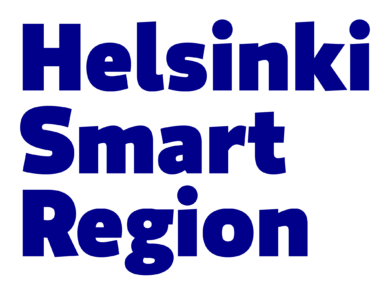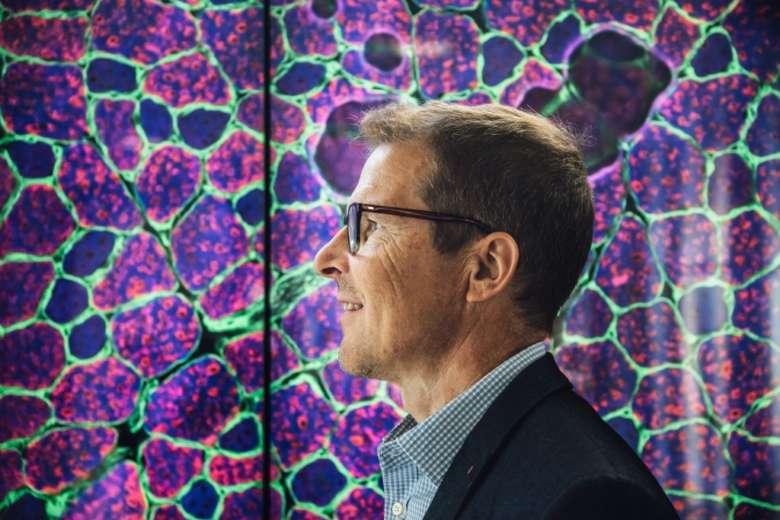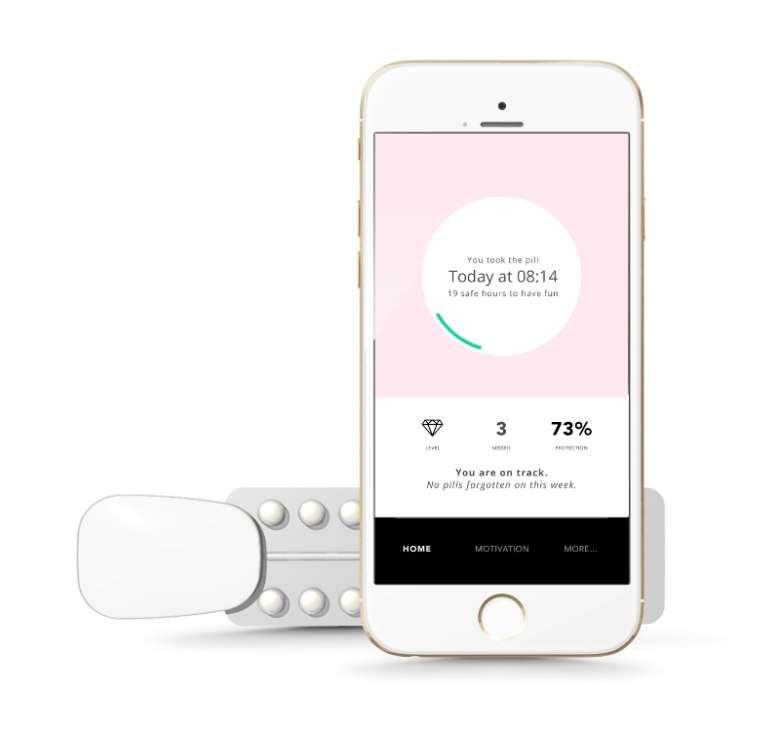Cases
Industrial modernisation
A genome data study in Finland can lead to significant findings due to unique heritage
Published:
The FinnGen study plans to tap into 500 000 unique blood samples collected by a nation-wide network of Finnish biobanks. The study is expected to continue for six years, securing funding of 59M€. The main partners are from the Helsinki region.
The goals of FinnGen study are ambitious.
– All breakthroughs that arise from the project will eventually benefit health care systems and patients both locally and globally. The study will, for instance, help us find new areas for drug discovery and ways to prevent disease. The FinnGen study will most definitely have a positive impact on the attractiveness of Finland as a global pioneer for medical research and innovation, says Research Director Aarno Palotie, from the Institute for Molecular Medicine Finland (FIMM) at the University of Helsinki.
Matching digital health care data with genome information
The research project is based on matching genome information with digital health care data from national registries. All samples are coded before analysis, and the study is conducted following the highest standards of data security.
FinnGen is coordinated by researchers from the University of Helsinki and the Helsinki University Central Hospital. It is a national research project that can benefit everyone – both nationally and globally. All Finns can take part in the study by giving a biobank consent allowing the use of their samples.
FinnGen is globally an unprecedented research project – a similar study has never been performed at the same scale.
The unique heritage of the Finns
Due to the unique heritage of the Finnish population, the genome data can be analysed faster and more effectively than in populations of more heterogenous origins – significantly improving the chances of breakthrough findings.
– Finland offers a great foundation for nation-wide genome research. The FinnGen study is also characterised by exceptionally broad and open cooperation between biobanks, universities, health care districts, the health care industry and hopefully hundreds of thousands of Finns, says Kimmo Pitkänen, Director of Helsinki Biobank.
In addition to biobanks and research organisations, the Finnish Funding Agency TEKES, nine Finnish enterprises and seven international pharmaceutical companies take part in the study: Abbvie, AstraZeneca, Biogen, Celgene, Genentech, a member of the Roche Group, MSD, and Pfizer.
-Tekes wanted to support the project, because of its potential to promote healthcare innovation and support the growth and internationalisation of local businesses. In addition, the project makes Finland more attractive in the eyes of global businesses and investors, says Development Director Minna Hendolin, who is responsible for Health and Wellbeing at Tekes.
Large masses of samples will be looked at
Samples are needed from all over Finland in the thousands, because solutions in the field of personalised healthcare can be found only by looking at large masses. The FinnGen study will benefit Finns long into the future.
-With FinnGen, we can build a foundation for health innovations and personalised treatments. When the study is finished, all data that has been produced during the project will stay in the ownership of Finnish biobanks and will remain at the disposal of Finnish researchers and companies, Palotie concludes and wishes all Finns welcome on a common journey into our heritage.
Source: Helsinki University
Aarno Palotie
Professor, Research Director
+358 41 501 5915
aarno.palotie@helsinki.fi
Aarno Palotie
Professor, Research Director
+358 41 501 5915
aarno.palotie@helsinki.fi










 Return to listing
Return to listing